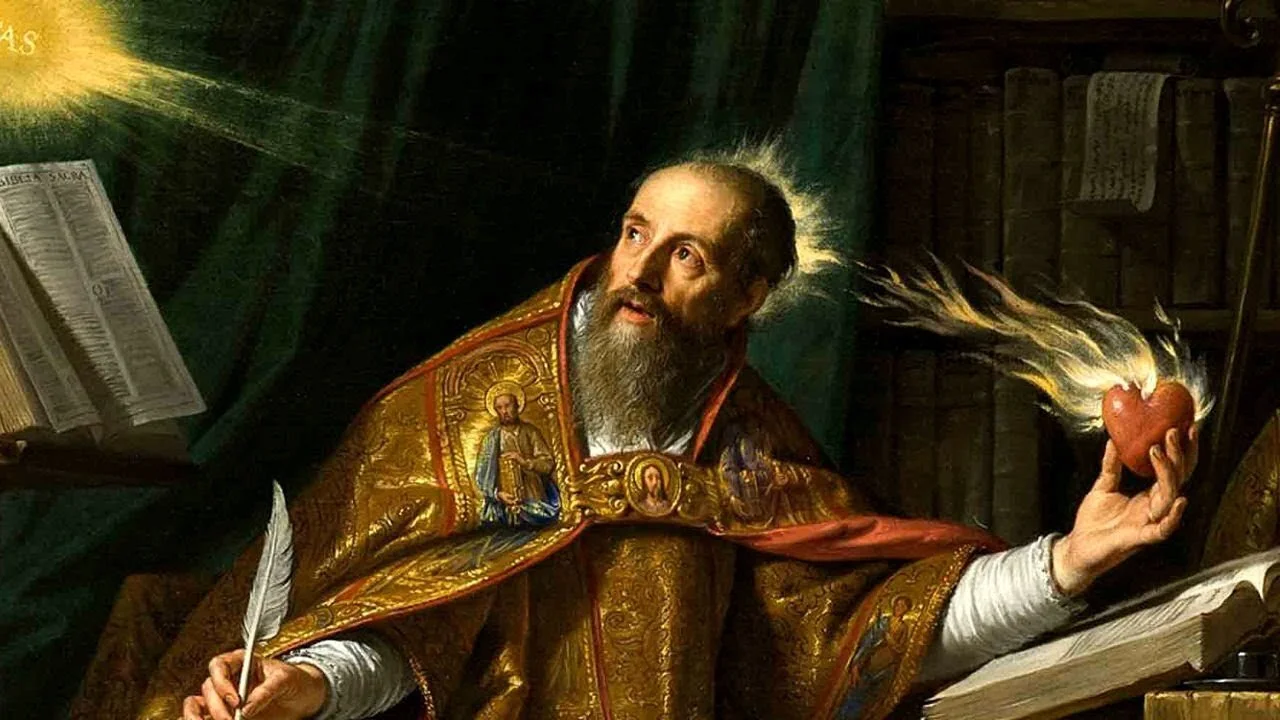Trees wrapped in balloons and stuffed animals;
A child’s picture;
Liquor bottles scattered under leafless branches.
An aesthetic of death and grief.
New Ecclesial Theologian Fellowship – Now Accepting Applications!
We are delighted to announce we are now accepting applications for the 6th Ecclesial Theologian Fellowship (ETF) of the Center for Pastor Theologians.
The Lion Who is the Lamb: Reflections on Revelation 5 in a Time of War
Over the past few days, as I have watched the scenes of war coming from Ukraine and as I have prayed for and communicated with my friends in Ukraine, I have found myself turning to the Book of Revelation. I don’t turn to Revelation to read it as a code for deciphering the particular events of this evil invasion, or to determine whether or not this war is a sign that the end times are near; to do so would be to abuse the purpose of Revelation. Rather, I turn to Revelation to allow this remarkable text, one of the most astonishing pieces of literature ever written, to do just what it is supposed to do: to anchor my soul in the eternal vision of God, to put the terrible, temporal events in eternal context, and to hear the Word that gives the Church the conviction to persevere in following Jesus, even as evil runs riot on the earth.
The Pastor as Ethicist
When I teach hermeneutics—in the church or in the classroom—I often boil down points of application to two questions; “What is true? What do we do?” What is true of God? Of Us? Of the world? How do we live out any particular text? What concrete actions should we embody or avoid in our context? So many of these questions can be expressed in these two questions.
What Is Church Theology?
For a long time, academic theologians have told the Church that what they write is theology and that if her pastors were learned they would read their stuff. By and large, the Church has listened to the Academy’s claims (if not it’s demand to read its books!) and her pastors have given way to its theologians. Pick one: you are a pastor, or you are a theologian.
Collecting Advent: Four Meditations
How does one keep a good Advent? Not easily, certainly not in America. One of my old teachers, a Catholic theologian of German extraction, always got a bit cranky at the end of the fall semester: we just didn’t do it right. Too quick to sing the wrong hymns, too busy buying presents, too soon – the horror! – to decorate our Christmas trees. Well. Tempted as you might be to revel early in the joy of Christmas just to stick it to our Teutonic brethren, it’s hard to deny that the church sojourning in this strange land isn’t exactly wired for a spirituality of waiting. Let alone meditating on the vanity of the world, or preparing for the coming judgment.
Baptizing Young Children: A Via Media between Infant Baptism and Believer's Baptism?
My own tradition, Pentecostalism, has typically emphasized the baptism of believers only. However, there are some exceptions. For instance, from the beginning, the Pentecostal-Holiness Church (IPHC) allowed parents to decide whether to baptize their infant children or wait to baptize them as “believers”. The 1911 “Constitution and General Rules of the Pentecostal Holiness Church” stated:
All candidates for baptism shall have the right of choice between the various modes as practiced by the various evangelical denominations. Christian parents and guardians shall have liberty of conscience in the baptism of their children.
Takeaways from the CPT Conference on Confronting Racial Injustice
The following represents my interpretative summary of a handful of major points within the presentations of some of the speakers at the CPT Conference on Confronting Racial Injustice, October 18-20, 2021. Each one of these points merits much more discussion, some of which can be found or linked to in the authors’ various works and social media pages listed below. The interpretive summaries reflect my own recollections and are not the views of the Center for Pastor Theologians.
The Greatest Care Is Needed: Augustine on Moral Discernment and Church Leadership
Augustine of Hippo was one of the first and greatest catechists of the church. He was a pastor in a time of great conflict and schism, a time when the church was beset by external challenges and internal turmoil. And one his most important pastoral responses to the crises he faced was the work of catechesis - the instruction and formation of men and women in the truths and implications of the Christian faith. A fruit of that ministry was a catechetical handbook he wrote for his fellow pastors, On Instructing Beginners in the Faith. It’s a remarkable combination of theological conviction and practical counsel, and from that little volume I’d like to draw two implications for pastors today in our own time of turmoil - specifically the turmoil caused by abuse within the local church.
The Bible and COVID Vaccines
Does the Bible offer us any insight into whether we should take the COVID vaccine? I think it does when we think through the implications of the early chapters of Genesis.











